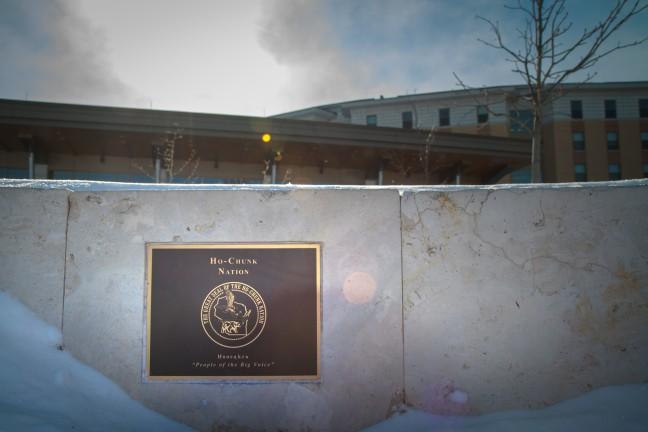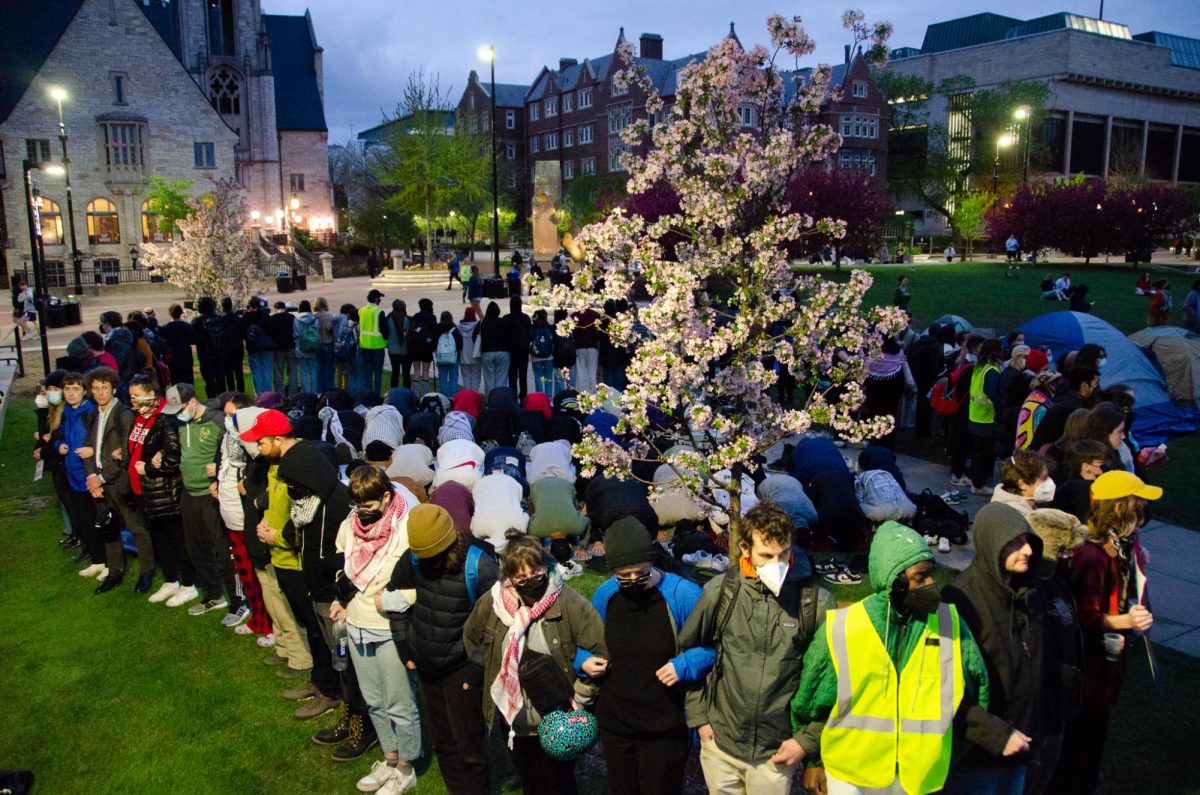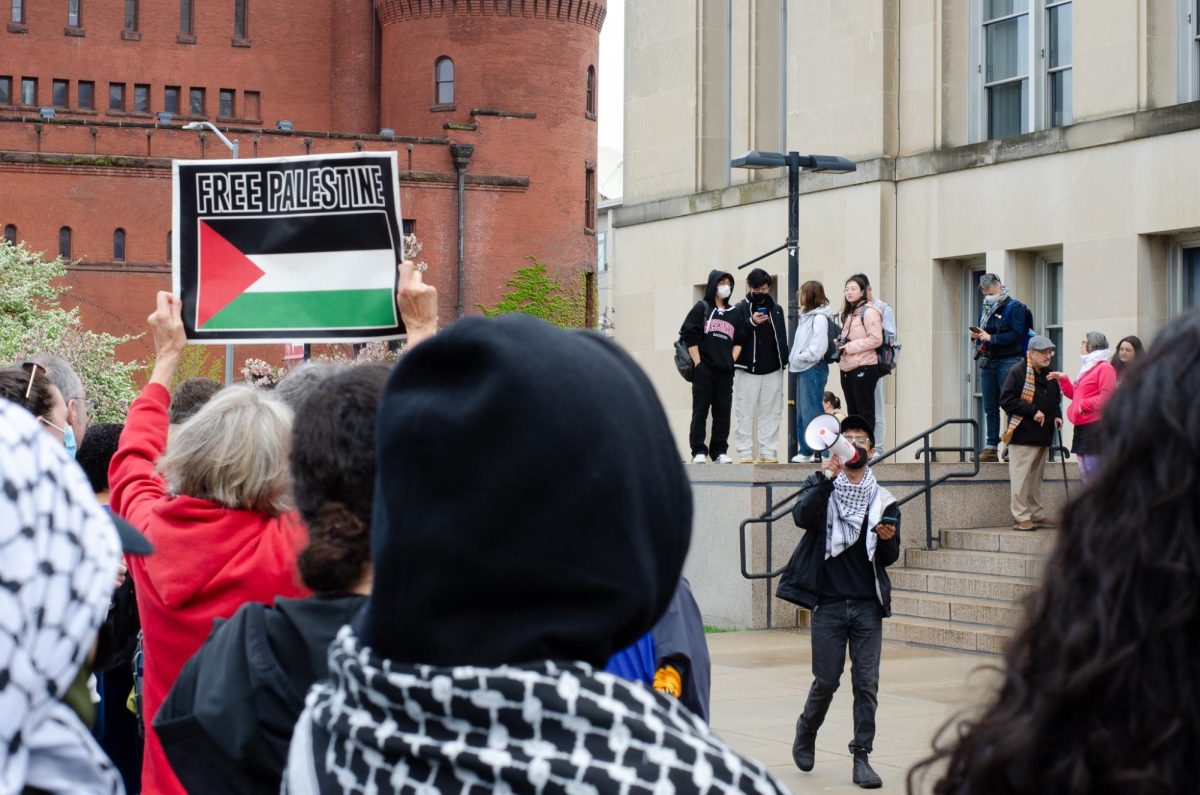Monday, the University of Wisconsin honored and recognized Indigenous Peoples’ Day by hosting a range of events run by the Ho-Chunk Nation, along with Indigenous communities and organizations on campus.
The Ho-Chunk Nation coordinated with the student organization Wunk Sheek and the Indigenous Student Center to raise the Ho-Chunk flag, which will fly until Oct. 17, in honor of Indigenous Peoples’ Day. During the flag-raising, student drummers from The MadTown Singers performed to the flag song, according to UW News.
American Indian Studies also celebrated its 50th anniversary at UW. Program leaders, such as Emerita Faculty Ada Deer, spoke about the program’s initiatives, history and significance.
At 7 p.m., Wunk Sheek and the Indigenous Student Center, in partnership with the Associated Students of Madison, held a powwow at Gordon’s Dining Hall with dances and performances.
“The history of our land-grant university is inherently connected to that of Ho-Chunk peoples who have occupied this land since time immemorial,” ASM Press Office Director Meghan Savaglia said in an email statement to the Badger Herald. “Indigenous Peoples’ Day presents the opportunity for the students and staff of UW-Madison to reflect on the impact indigenous peoples have had on our history.”
Athletic community reflects on 50 years of growth after Title IX
UW Director of Tribal Relations Aaron Bird Bear took part in Indigenous Peoples’ Day events and celebrations. Bird Bear said UW, indigenous student organizations and the American Indian Studies Program have given a lot of energy towards spreading awareness and education for Indigenous knowledge.
In 2016, UW started the “Native Nations UW-Madison Initiative,” Bird Bear said. The initiative is currently in Phase Two, which goes from 2021-2025. Phase One, which lasted from 2016 until 2020, looked at the extinction of Indigenous languages, educating Indigenous youth, creating guidance for higher education, environment protection and helping to heal trauma for Indigenous communities for the institutional injustices they face.
One of the most important characteristics of this initiative is the revitalization and reclamation of Indigenous languages, which the United States has tried to eradicate for over 100 years, Bear Bird said. UW offers six Indigenous languages to reinforce Indigenous languages in education.
Though education takes time, dedication and labor, Bird Bear said it is valuable to come together as a community and celebrate the progress and achievements of Indigenous knowledge and teaching. The responsibility of educating others on Indigenous knowledge should not only fall on Indigenous communities and leaders. Institutions like UW are essential in broadening the reach of that knowledge, Bird Bear said.
Grant Allocation Committee votes on FoundLand Musical grant recommendation
These activities, celebrations and lessons are important and fulfilling for Bird Bear and other Indigenous people and highlight the importance of collectivism and community in Indigenous culture.
“Encouraging Wisconsin schools and educators to use Indigenous Peoples’ Day as an opportunity to engage students across the state on the importance of Native American history, culture and tribal sovereignty, along with holding spaces for cultural traditions, will help recognize and reaffirm the significance of Native nations and sovereignty,” Bird Bear said.

















